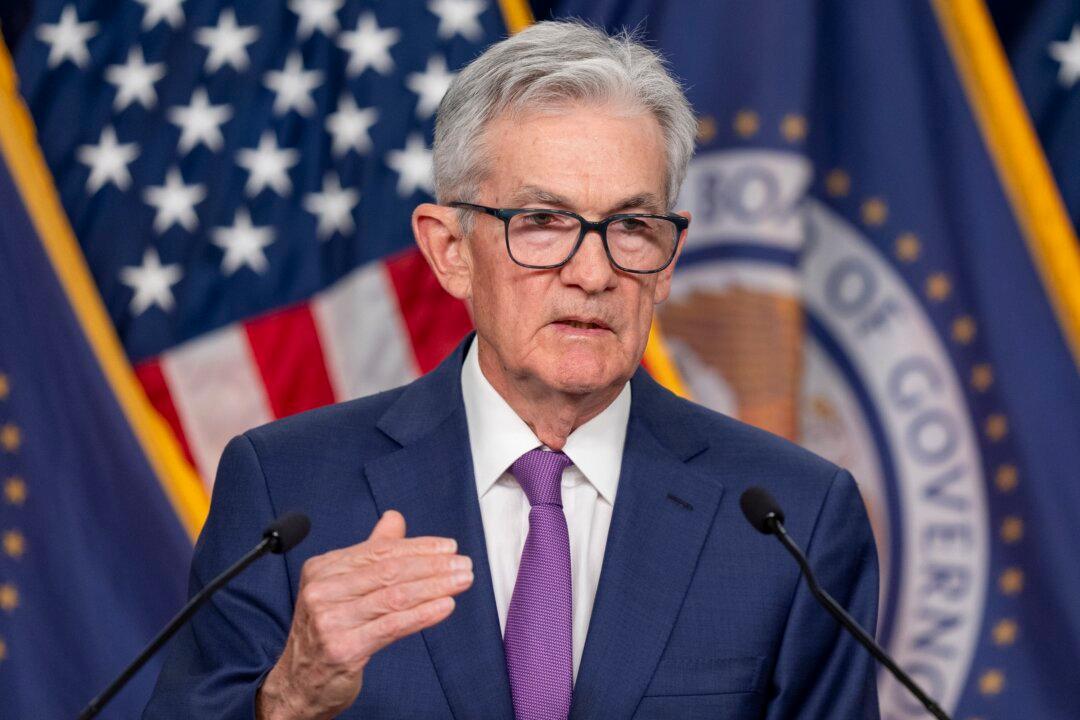The American people do not need to be concerned about the creation of a central bank digital currency (CBDC), Federal Reserve Chair Jerome Powell said during his second round of testimony on Capitol Hill.
CBDCs have garnered more attention in Washington, with Republican senators backing legislation to ban the creation of Fed-supported digital currencies.





